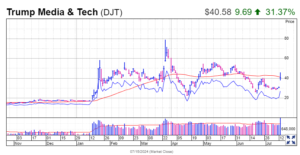
Renowned economist Bismarck Rewane addressed speculation surrounding Nigeria’s official currency, stating that it is currently undergoing a transition rather than being cursed, as some have suggested.
Speaking as a guest on Channels Television’s late-night program, Politics Today, Rewane, who is the Managing Director of Financial Derivatives Company Limited, emphasized that the current state of the Naira is part of a natural evolution.
This clarification comes amidst recent statements from the Central Bank of Nigeria denying any plans to convert the $30 billion deposits held in domiciliary accounts into Naira.
While admitting that tough days lie ahead for Nigerians, Rewane said the free fall of the naira is not a problem that cannot be solved by one silver bullet.
He said, “No, I don’t think the naira is jinxed. It is just a currency in transition. And you can see that in 2016, it was N499 per dollar. As of this afternoon (Monday), it was N1,468. It had dropped to N1,531 per dollar sometime last week and started finding its way back.
“So, we have tough days ahead. But the point is that you have to look at it in the context of the currency in transition to weigh its fair value.
“Some of the problems are structural, some are transit. So we have to understand it in that context. But you know that the fundamental problem with the naira is that any country that has high inflation and cost of living crisis will always have a weak currency.
“To address that, you have to look at it from a broad perspective. It is not one silver bullet that can solve all problems.”
Rewane added that “for instance, in 2004, it was $1.70 that will give you one pound. Today, it is about $1.27 that gives one pound. We have three types of systems.
“We have the fixed, floating and management exchange rates. In the world, 38 per cent of the currencies are called flexible exchange rates. Another 35 per cent is what you call the floating rate.”






Be First to Comment